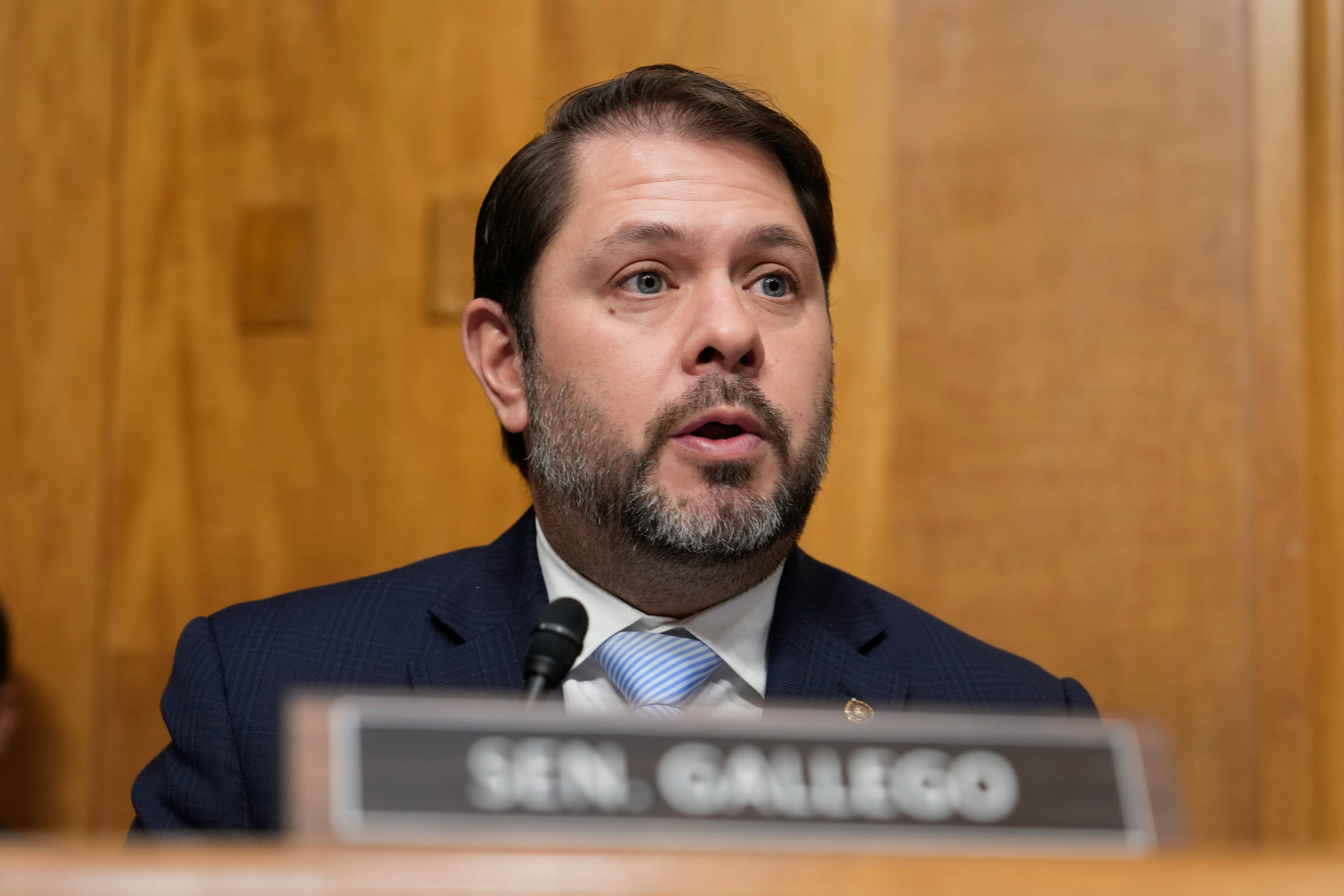New base rules on military bases in Japan make it more likely that U.S. troops will be arrested if they drink and drive.
On Monday, the military blood alcohol content level was been lowered the allowable blood alcohol content level to 0.03 percent for all troops operating vehicles on U.S. bases in Japan, said Air Force Lt. Col. Ken Hoffman, a spokesman for U.S. Forces Japan.
That's less than half the 0.08 legal limit most states set for drivers in the U.S.
"This policy change has been under review for several months," Hoffman said in an email to Military Times. "United States Forces, Japan decided to standardize the Blood Alcohol Content (BAC) level policy because our installations had varying policies. This created confusion for service members stationed in Japan."
That means troops who have one drink before getting behind the wheel in Japan could be near or above the new blood alcohol limit. For a 150-pound man, consuming 12 ounces of beer, 4 ounces of wine or one shot of 80 proof alcohol will raise his blood alcohol content to 0.025, George Behonick, a forensic toxicologist with Indianapolis drug-screening company AIT Laboratories, told the Indianapolis Star.
According to a chart from the National Highway Traffic Safety Administration, a 160-pound man would be close to reaching the new limit after one drink. A woman weighing any less than 140 pounds is likely to be over the new limit after one drink.
Air Force Chief Master Sgt. Terrence Greene, U.S. Forces Japan's top enlisted leader, said in an Armed Forces Network video that the change means "the same standards will apply for drivers on or off base," since 0.03 is the blood alcohol limit for drivers in Japan.
"If you violate these limits, you can face a suspended license or [Uniform Code of Military Justice] charges," Greene added.
Hoffman said the move does not come in response to an increase in drunken driving arrests on U.S. bases or incidents between American U.S. troops and Japanese civilians.
"The number of alcohol-related driving incidents on U.S. installations is very low," he said. "The change was not prompted by any incident."
The No. 1 goal was to have on-base standards that match the rules the Japanese set across their country, Hoffman said. The new alcohol standards reemphasize how U.S. troops in Japan are expected to conduct themselves, Hoffman said.
"We are always working to ensure our service members understand their responsibilities as guests in Japan, and have the knowledge, judgment and tools necessary to make good decisions," he said. "The new standards have given us another opportunity to emphasize the importance of responsible conduct and the importance of having a plan."




